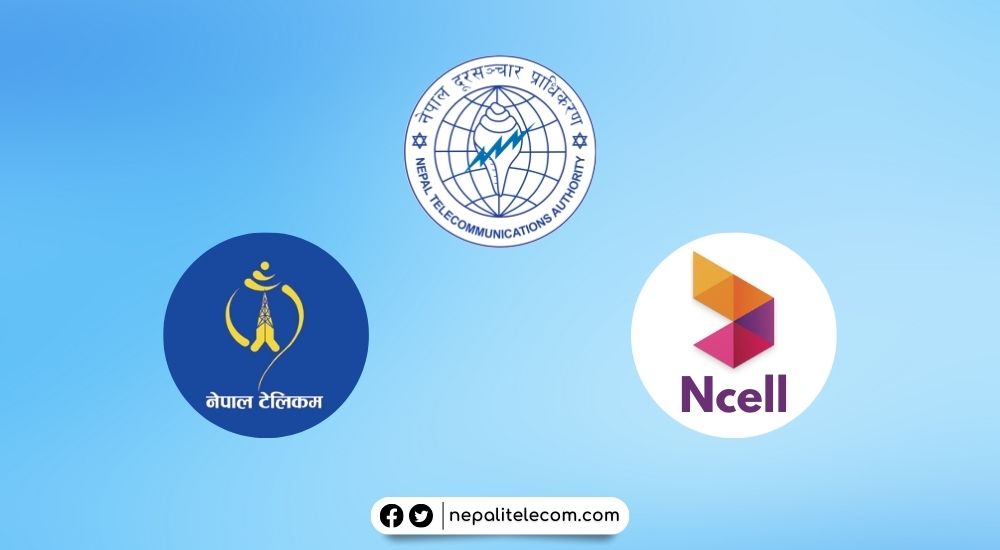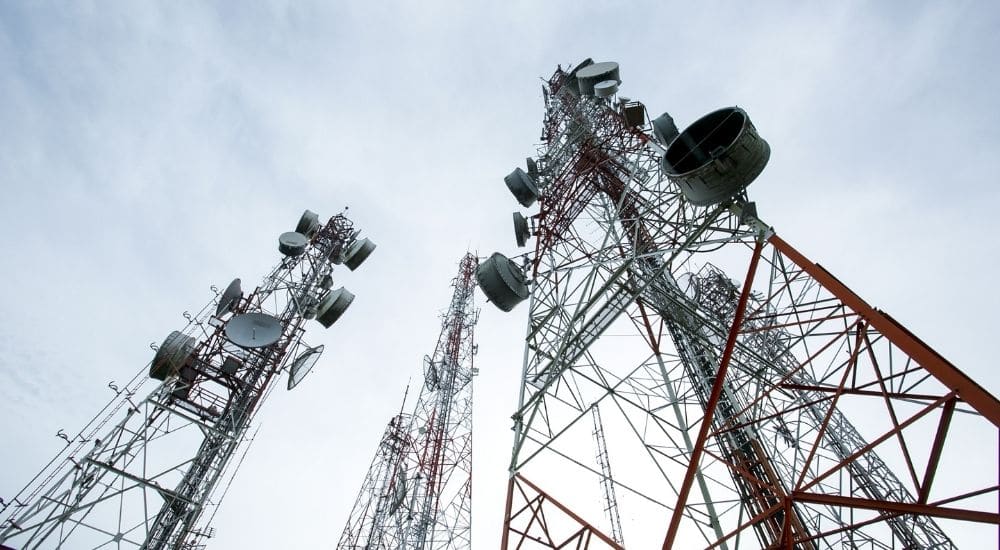Nepal’s operators Nepal Telecom and Ncell are scratching their heads over the implementation of TERAMOCS as they explore reasons for its justification. In particular, the state-backed communication giant has kept a caution with sharing its customers’ data (either in the form of encryption or anonymizing them) with the regulatory body and has also voiced skepticism about the revenue loss being forwarded as one of the justifications for the debated system’s integration into the telcos’ networks.
NTA is currently calling on service providers to cooperate for the implementation of TERAMOCS ‘Telecommunications Traffic Monitoring and Fraud Control System’ and has been bold in its request. However, the authority’s same persistent stance has divided the industry and experts.

Earlier, NTA said that it won’t have access to user data and the system can’t tap calls. Additionally, the regulator said that the user data could be encrypted, however, Nepal Telecom is skeptical regarding the “level” of encryption and the role of the authority and itself. More particularly, the company has voiced concern over the lack of a working procedure for TERAMOCS which it reasons would clarify its operation modality and capacity. The state-backed company says that it’s currently discussing the matter internally and its technical team is studying it.
Ntc states that it is not refusing to cooperate with NTA for TERAMOCS. However, the company has called for clarification on some factors, especially regarding users’ privacy assurance.
What is it? Find in detail: TERAMOCS Monitoring Project: NTA Seeks Operators’ Cooperation
Reasons Nepal Telecom is cautious to sign up for TERAMOCS
The revenue decline is a global issue
Ntc says that revenue decline in the telecommunication industry has been a global issue. “Since 2014, data usage grew worldwide, Ntc says, “this decreased telecom service providers’ revenue.” In Nepal, the situation started to unfold in 2016. Customer numbers kept increasing but revenue and earnings kept falling lower.
Ntc has attributed falling revenue to the growth in Over-the-Top (OTT) app usage and low tariff. Users use Viber, Facebook, and other apps which have lessened the use of voice service. The intense competitiveness also drove the service tariff down which is why user growth and revenue evolved inversely.

Referencing NTA’s Chaitra report which shows Nepal’s teledensity at 126, the company says that Nepal’s telecom service user base is unlikely to grow further. So, the OTT, users, and tariff are the factors the company is facing low financial gains. The government has tried to regulate OTT apps but its effect remains in question.
Additionally, Ntc believes internet service providers’ home WiFi service has greatly impacted its data service. There’s also a less burdensome provision regarding their payment liabilities. ISPs pay less in license fees compared to the billions operators need to annually. The company believes that it’s another reason for the telcos’ poor financial indicators.
Fraud control
Nepal Telecom has outlined the need to use a Fraud Control system as one of its reasons to be skeptical over TERAMOCS implementation. The company says that telcos have their own infrastructure and mechanics to combat fraud control with support from law enforcement agencies. Just recently, some individuals involved in VoIP were apprehended with the help of Nepal police. Ntc hints that the current anti-fraud methodology is capable and won’t merit a separate monitoring system, in this case, TERAMOCS.
Check out: MDMS in Nepal | NTA Implements to Curb Grey Phones | Benefits
User privacy
Ensuring user privacy is a crucial responsibility of a service provider which is also demanded by the law. The Supreme Court has also firmly mentioned that without its order or on the basis of any law, user data shall not be shared with anyone or any entity. The company’s reservation lies in the encrypted user data. As stated above, it’s not clear its and the authority’s role in user data encryption. After sharing the user data, NTA could have access to all the user information, their call & SMS history.

The lack of clarity on the encryption level and whether the authority is only seeking data or data and user ID both and that without a governing working procedure have played into other concerns for the company. Don’t miss: No Compromise on Corporate Customer Data – Nepal Telecom
Global practice
A system similar to TERAMOCS is used in only a few countries worldwide. In fact, Ntc says that regulators haven’t employed such a system. Under the concept of Lawful Interception, agencies working for security, defense, and national security operate such monitoring systems only for a short duration. At this, NTA being only a regulator, Nepal Telecom wants a clear stance from the government.
You may also like to read: NTA Implements New Telecom Quality Bylaw with compensation and license cancellation
Billing system
Ntc says that it conducts routine auditing for the company’s billing system and will install a dedicated system soon. So, it is not totally convinced with NTA’s rationale to use TERAMOCS for service providers’ billing system.
Nepal Telecom wants an all-party discussion
NTA has clarified that it has no sinister design with TERAMOCS however, what NT is seeking is a concrete reassurance which could be through a guiding procedure for the system and a bilateral/unilateral discussion with all the stakeholders.
The onus is again on NTA to convince operators, most importantly Ntc for TERAMOCS especially in regards to suspicions of phone tapping, and access to telcos’ customer data. These are the issue of paramount significance for telcos, experts, and the public. Nepal Telecom Explains Postpaid Billing, as Complaints Rise
Ncell Axiata has reportedly told NTA that it’s ready to implement TERAMOCS in its network which led to a deluge of opinions and reservations and “misperceptions” too. However, recently the telco has recently refuted that it’s integrated the system into its network and condemned a news article that it’s ready to submit user data with the authority.
Nepal Telecom and Ncell are the two and only operating telcos in Nepal. Their stance could play a role in determining how TERAMOCS will be implemented in Nepal.













